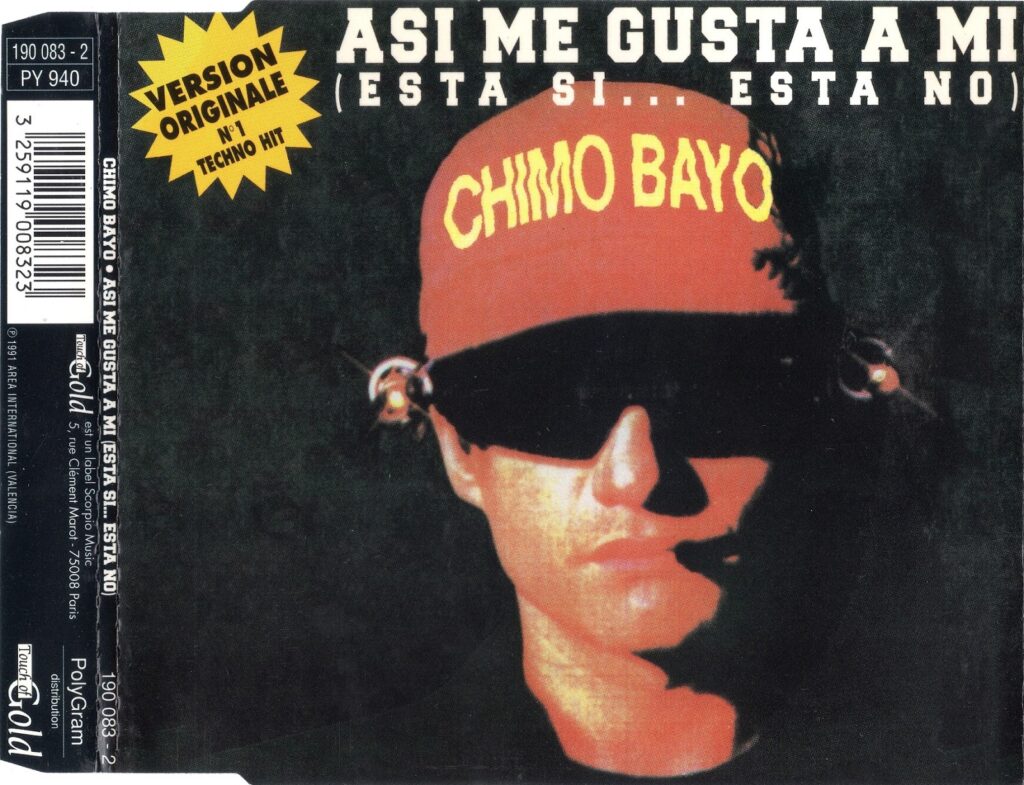They mean exactly the same (I like it), but when you say “a mí me gusta” you are emphasizing who likes it (I like it).
in the same way Is a mi me gusta correct? They really are the same thing but, a mí me gusta is really an emphasis that you really like something. A mí me gusta is also a great way to answer a question.
What does a mí me? It’s a matter of emphasis. The extra “a mí” shifts the emphasis onto who likes it, implying but not stating that others might not like it.
What is the difference between MI and me in Spanish? That’s easy. “Me” means “me” and “mi” means “my”.
How do you use me in Spanish?
Beside this Does Mi have an accent?
“Mi” (no accent) translates to “my”, as in “my friend/mi amigo”. “Mí (with accent) translates to “me” as in “for me/para mí”. Hope that makes sense.
Does mi in a mi me gusta have an accent? 4 Answers. Yes, from link above: mí (after preposition); with me -> conmigo.
How do you use Mi in Spanish? Mí is used when it is the object of a preposition. Mi is a possessive adjective, and can become mis if the noun it is affecting is plural. A mí me gusta manejar mi coche. Mí- because it follows a preposition (“a”)- to me, in my case.
Why use me instead of yo?
It means you are liked by me.) So, yo is a personal pronoun (first person) while me is a reflexive pronoun used with reflexive verbs. Hope this helps. Yo is the subject pronoun for “I” and ME can be a reflexive pronoun meaning “myself,” a direct object pronoun meaning “me,” or an indirect pronoun meaning “to me.”
Do you say me llama or llamo? “Llamo” comes from the verb “llamar”, and verbs do not change to correspond with gender. “Me llama” would translate to he/she/it/you formal calls me.
Do I use me or yo?
You would use yo, not me. Yo is a subject pronoun – it used when “I” is the subject (actor) of the sentence, as in this case. Me is an object pronoun, used when “I/me” is the direct or indirect object (person to whom the action is being done).
Why is me used instead of yo? “Yo” is a subject pronoun, it indicates it’s “I” doing the action. For example: I read a lot – Yo leo mucho. “Me” is a reflexive pronoun, I am the receiver of the action, not that different to the english “me”.
Why is it me gusta not Yo gusto?
It’s not irregular at all, it’s just that it doesn’t mean “to like”, it means “to be pleasing to”. Yo gusto = I am pleasing to… Me gusta = (to me) he/she/it is pleasing, or to make it more natural “I like him/her/it”. Me gusta means I like (Literally, something is pleasing to me).
What is the difference between SE and Sé?
Se is a conjunction used in hypothetical clauses: Se fosse venuto ieri, mi avrebbe visto. Sé is the reflexive pronoun for the third-person singular: Pensa solo a sé.
How do I make an accented I? Insert Accented Letters with Keyboard Shortcuts
You’ll use the Ctrl or Shift key along with the accent key on your keyboard, followed by a quick press of the letter. For example, to get the á character, you’d press Ctrl+’ (apostrophe), release those keys, and then quickly press the A key.
What is the difference between Sí and Si? “Sí”, used as a pronoun, always calls for an accent. (e.g. “lo hizo por sí mismo”[he made it by himself]). “Si” as a musical note, doesn’t call for an accent either.
Whats the difference between SE and Sé?
Se is a conjunction used in hypothetical clauses: Se fosse venuto ieri, mi avrebbe visto. Sé is the reflexive pronoun for the third-person singular: Pensa solo a sé.
Whats the difference between llama and nombre? Llamos comes from the verb llamar, which means to call. Llam + amos means we call in the present tense with no accents. Nombre usually means name. In order to say what is your name you would say, Cóme sé llama? or How do you call yourself?
What does MI mean without the accent?
“Mi” (no accent) translates to “my”, as in “my friend/mi amigo”. “Mí (with accent) translates to “me” as in “for me/para mí”.
Does tio have an accent? However, sometimes the two vowels aren’t pronounced as a diphthong: they’re pronounced as two separate syllables entirely. In this case, the word is written with an accent to show that it’s an exception: compraríamos (“we would buy”) tío (“uncle”)
How do you answer me gusta?
So it equates with the English thought: What do you like? Gustar is conjugated to what does the pleasing, the things you like, which are the subject even though they normally follow the verb. So you would answer “Me gusta…” or “Me gustan…” followed by what you like.
Do I say MIA or Mio? These are possessive pronouns in Spanish. They follow the gender of the noun in which they refer. So if the noun is masculine, use “mio”. If the noun is feminine, use “mia”.
Do’t forget to share this post !
